Introduction (Einar Thorsen, Dan Jackson, Darren Lilleker)
Context
1. Looking on the bright side for a change (Jay Blumler)
2. The performance of the electoral system (Alan Renwick)
3. Fixed-term parliaments and the electoral cycle (Richard Parry)
4. Institutions and nation building: there is such a thing as society (Matthew Johnson)
5. Global questions, parochial answers (Roman Gerodimos)
6. The future of illusions (Barry Richards)
Voters, Polls and Results
7. A glorious defeat: anti-politics and the funnelling of frustration (Matthew Flinders)
8. Younger voters politically energised, but the generational divide deepens (James Sloam)
9. Why the younger generation of Corbynistas? (Pippa Norris)
10. Young people and propaganda in the wake of the 2017 election (Shakuntala Banaji)
11. The generation election: youth electoral mobilisation at the 2017 General Election (Matt Henn and James Hart)
12. The 2017 General Election: How Votes were split between “open and closed” (Jonathan Wheatley)
13. Cartographic perspectives of the general election (Benjamin D. Hennig)
14. UKIP’s former supporters were crucial to the outcome – but not as generally expected (Ron Johnston and Charles Pattie)
15. Why did the Lib Dems fail to benefit from the anti-Brexit vote? (Panos Koliastasis)
16. Meeting the public: the perils and pitfalls of ‘walkabout’ questions to Theresa May in GE2017 (Sylvia Shaw)
17. Political participation in the UK: why might voters have voted? (Bruce Bimber, Shelley Boulianne, Karolina Koc-Michalska and Darren Lilleker)
18. Moments of accidental connection with the ‘Great British Public’: because Brenda et al know best! (Richard Scullion)
19. When democracy kicked back (Natalie Fenton)
News and Journalism
20. Conventional wisdom distorted TV news coverage of campaign (Stephen Cushion)
21. A tale of two leaders: news media coverage of the 2017 General Election (David Deacon, John Downey, David Smith, James Stanyer and Dominic Wring)
22. Did broadcast stage-management create a vacuum for social media? (Charlie Beckett)
23. Ducking the debate (Stephen Coleman)
24. Caught in the middle: the BBC’s impossible impartiality dilemma (Martin Moore and Gordon Ramsay)
25. Media policy: the curious incident of the dog in the night-time (Jonathan Hardy)
26. The use and abuse of the vox pop in the 2017 UK General Election television news coverage (Mark Wheeler)
27. Media bias hits a wall (Des Freedman)
28. Declining newspaper sales and the role of broadcast journalism in the 2017 general election (Guy Starkey)
29. Newspapers’ editorial opinions: stuck between a rock and a hard place (Julie Firmstone)
30. It’s the Sun wot lost it (Mick Temple)
31. From Brexit to Corbyn: agenda setting, framing and the UK media – a research agenda (Steve Schifferes)
32. Is our national press a fading dinosaur? Don’t bank on it (Steven Barnett)
33. A mixed mailbag: letters to the editor during the electoral campaign (Iñaki Garcia-Blanco)
34. Long live the wisdom of the phone-in crowd (Ivor Gaber)
35. Fact-checking the election (Jennifer Birks)
36. Should we worry about fake news? (Susan Banducci, Dan Stevens and Travis Coan)
37. Tweets, campaign speeches and dogs at polling stations: the election on live blogs (Marina Dekavalla)
38. Process, personalities and polls: online news coverage of the UK General Election 2017 (Emily Harmer and Rosalynd Southern)
39. Online election news can be bloody difficult (for a) woman (Emily Harmer)
40. Not just swearing and loathing on the internet: analysing BuzzFeed and VICE during #GE2017 (James Dennis and Susana Sampaio-Dias)
Parties and the Campaign
41. The battle for authenticity (Karin Wahl-Jorgensen)
42. Was it the Labour doorstep or the Labour smartphone that swung it for Jeremy? (Tim Bale)
43. The election at constituency level (Ralph Negrine)
44. Over-managing the media: how it all went wrong (Suzanne Franks)
45. Aristotle and persuasive copywriting in the 2017 General Election (Nigel Jackson)
46. Rhetoric of the 2017 General Election campaign (Andrew Crines)
47. When is an electoral ‘bribe’ not a bribe? (Chris Roberts)
48. PEBs in 2017: not gone, but largely forgotten? (Vincent Campbell)
49. ‘Strong and stable’ to ‘weak and wobbly’: Tory campaign, media reaction and GE2017 (Anthony Ridge-Newman)
50. The Greens and the “progressive alliance” (Jenny Alexander)
51. It’s the way I tell ‘em: car crash politics and the gendered turn (Karen Ross)
52. Dogwhistle sexism (Heather Savigny)
53. The Women’s Equality Party and the 2017 General Election (Elizabeth Evans and Meryl Kenny)
54. The resurrection of ethical foreign policy (Victoria Honeyman)
55. Why immigration faded from view in election 2017 (Thomas Brooks)
56. Invisible enemies, wars without winners: when ‘khaki elections’ fail (James Morrison)
57. The sobering reality of backdoors: cybersecurity and surveillance circumvention during GE2017 (Einar Thorsen)
The Digital Campaign
58. Corbyn, Labour, digital media, and the 2017 UK election (Andrew Chadwick)
59. Was it ‘AI wot won it’? Hyper-targeting and profiling emotions online (Vian Bakir and Andrew McStay)
60. Sharing is caring: Labour supporters use of social media #GE2017 (Anamaria Dutceac and Michael Bossetta)
61. Labour’s social media campaign: more posts, more video, and more interaction (Richard Fletcher)
62. Like me, share me: the people’s social media campaign (Darren Lilleker)
63. The alternate and influential world of the political parties’ Facebook feeds (Matt Walsh)
64. Social media and the Corbyn breakthrough (Mark Shephard)
65. The UK digisphere and the 2017 election (Aljosha Karim Schapals)
66. From voices to votes: how young people used social media to influence the General Election (Vyacheslav Polonski)
67. All LOLs and trolls (Alec Charles)
The Nations
68. Nasty, British and Short: an emotional election (Russell Foster)
69. Scotland in the 2017 UK General Election (Michael Higgins)
70. The General Election did little to solve Wales’ ‘democratic deficit’ (Morgan Jones)
71. GE2017 in Northern Ireland: total eclipse of the moderates (Neil Matthews)
72. Twitter, dual screening and the BBC Northern Ireland Leaders’ debate (Paul Reilly)
Brexit and European Perspectives
73. Brexit without Brexitland (Chris Gifford)
74. Why the General Election will make little difference to the Article 50 negotiations (Simon Usherwood)
75. Totem, taboo and trigger word: the dominance and obscurity of Brexit in the campaigns (Charlotte O’Brien)
76. The Conservatives and Brexit: the election and after (Philip Lynch)
77. The 2017 UK election: reflections from Norway (John Erik Fossum)
78. Partisan and plentiful: the 2017 UK election in the German press (Isabelle Hertner)
79. Expect the unexpected: French media perceptions of the 2017 UK General Election campaign (Emmanuelle Avril)
80. Poles apart: Polish perspectives of the 2017 UK ‘Brexit election’ (Paweł Surowiec)
81. Theresa and Jeremy: who is closer to Matteo? An Italian view of #GE2017 (Emiliana De Blasio and Michele Sorice)
Personality politics and popular culture
82. A tale of two leadership campaigns (Pete Dorey)
83. Seeing Jeremy Corbyn and not seeing Theresa May: the promise of civic spectatorship (Katy Parry)
84. Corbyn and his fans: post-truth, myth and Labour’s hollow defeat (Cornell Sandvoss)
85. It’s the stans wot (nearly) won it (Matt Hills)
86. Celebrities4Corbyn: continuity and change in Labour’s use of celebrities (Ellen Watts)
87. The othering and objectification of Diane Abbott MP (Deborah Gabriel)
88. “Theresa May for Britain”: a personal brand in search of personality (Margaret Scammell)
89. Maybot, Mummy or Iron Lady? Loving and loathing Theresa May (Shelley Thompson and Candida Yates)
90. Politics, charisma, and the celebrity spectre of Nigel Farage (Neil Ewen)
91. Mainstream broadcast comedy and satire (Kay Richardson)
92. Sound bites: the music of Election 2017 (John Street and Adam Behr)
 Throughout the Covid-19 pandemic, the news media have played an instrumental role in providing the latest updates and information. An increasing number of people, however, have sometimes avoided the news, finding negative coverage has a detrimental effect on their mood and wellbeing.
Throughout the Covid-19 pandemic, the news media have played an instrumental role in providing the latest updates and information. An increasing number of people, however, have sometimes avoided the news, finding negative coverage has a detrimental effect on their mood and wellbeing.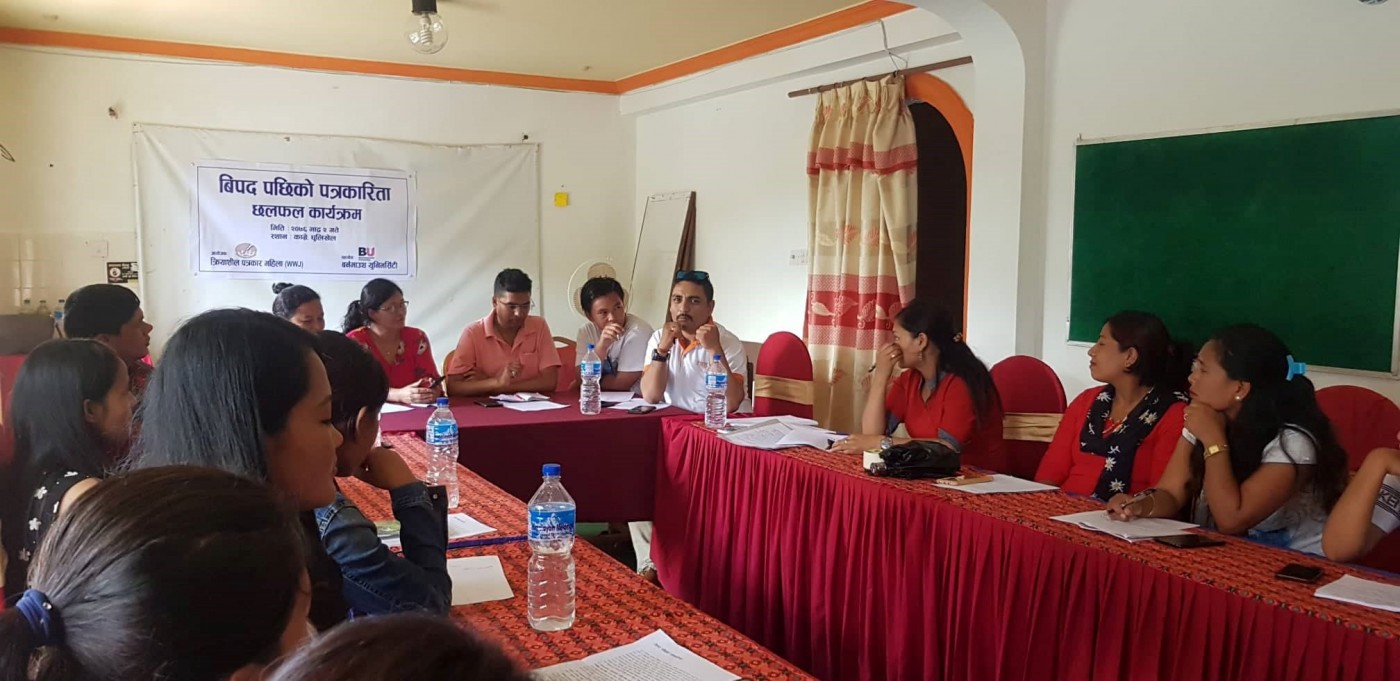
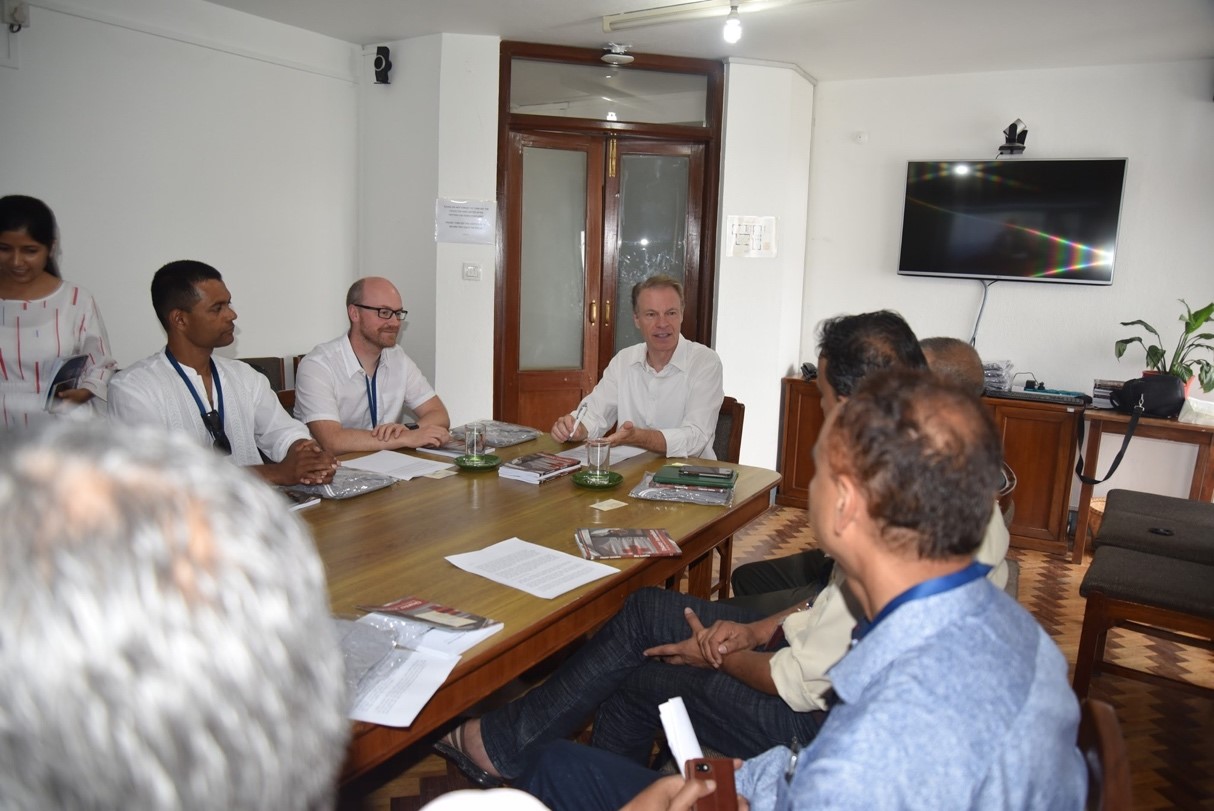
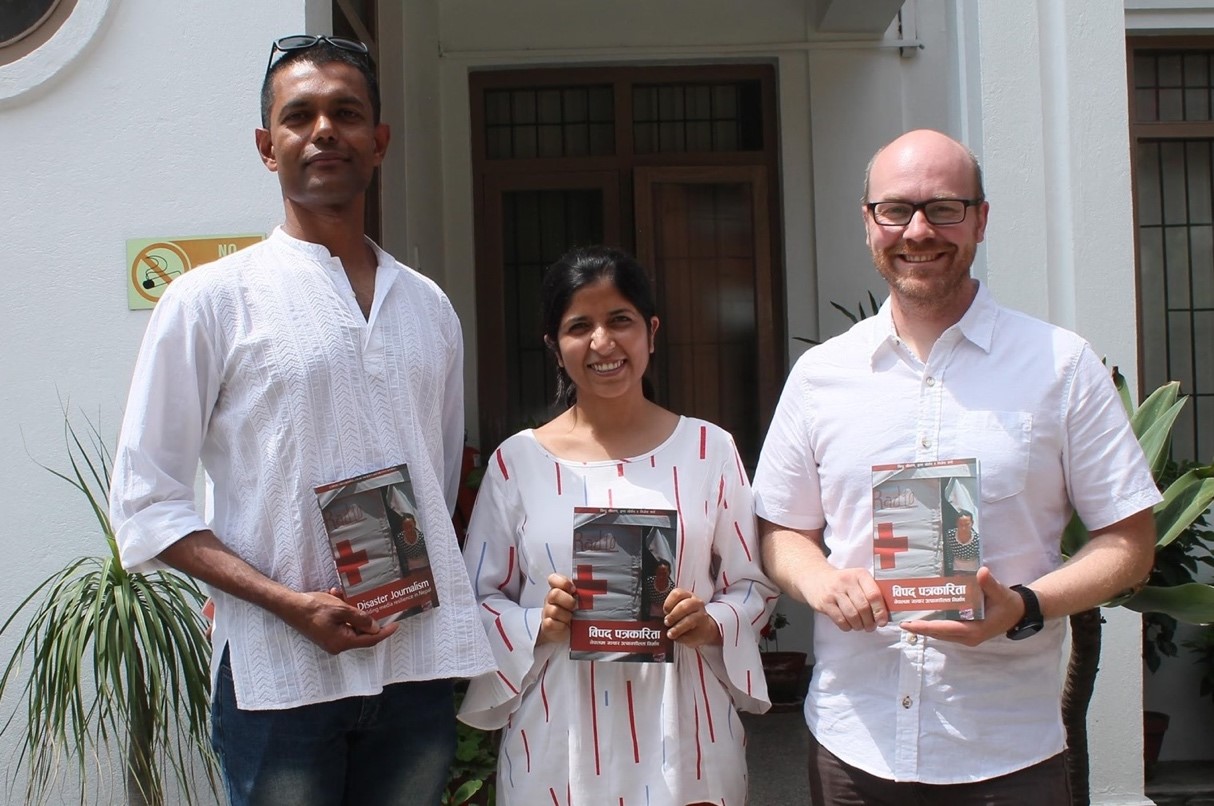
 from the
from the 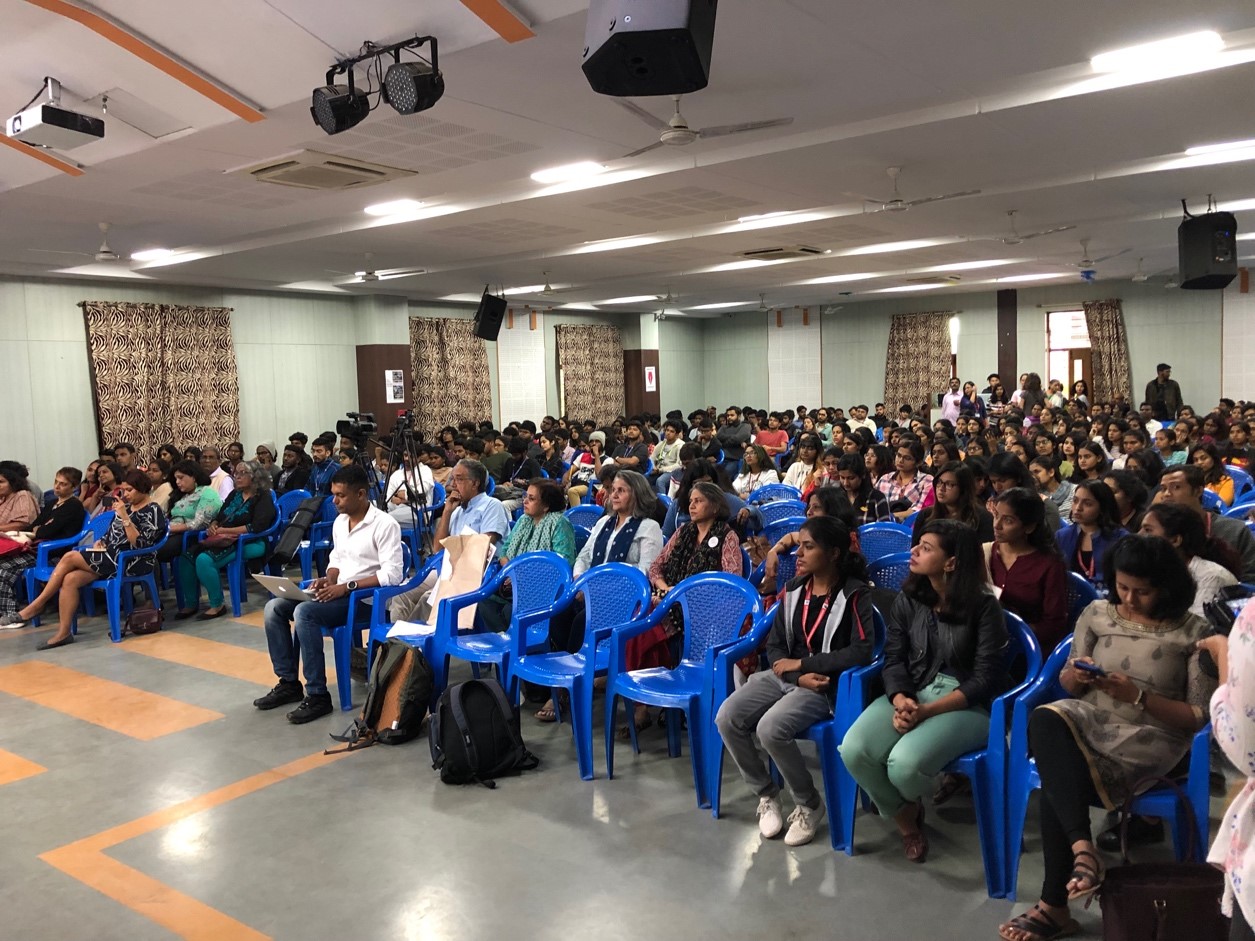 creenings, workshops, and street and forum theatre performances (
creenings, workshops, and street and forum theatre performances (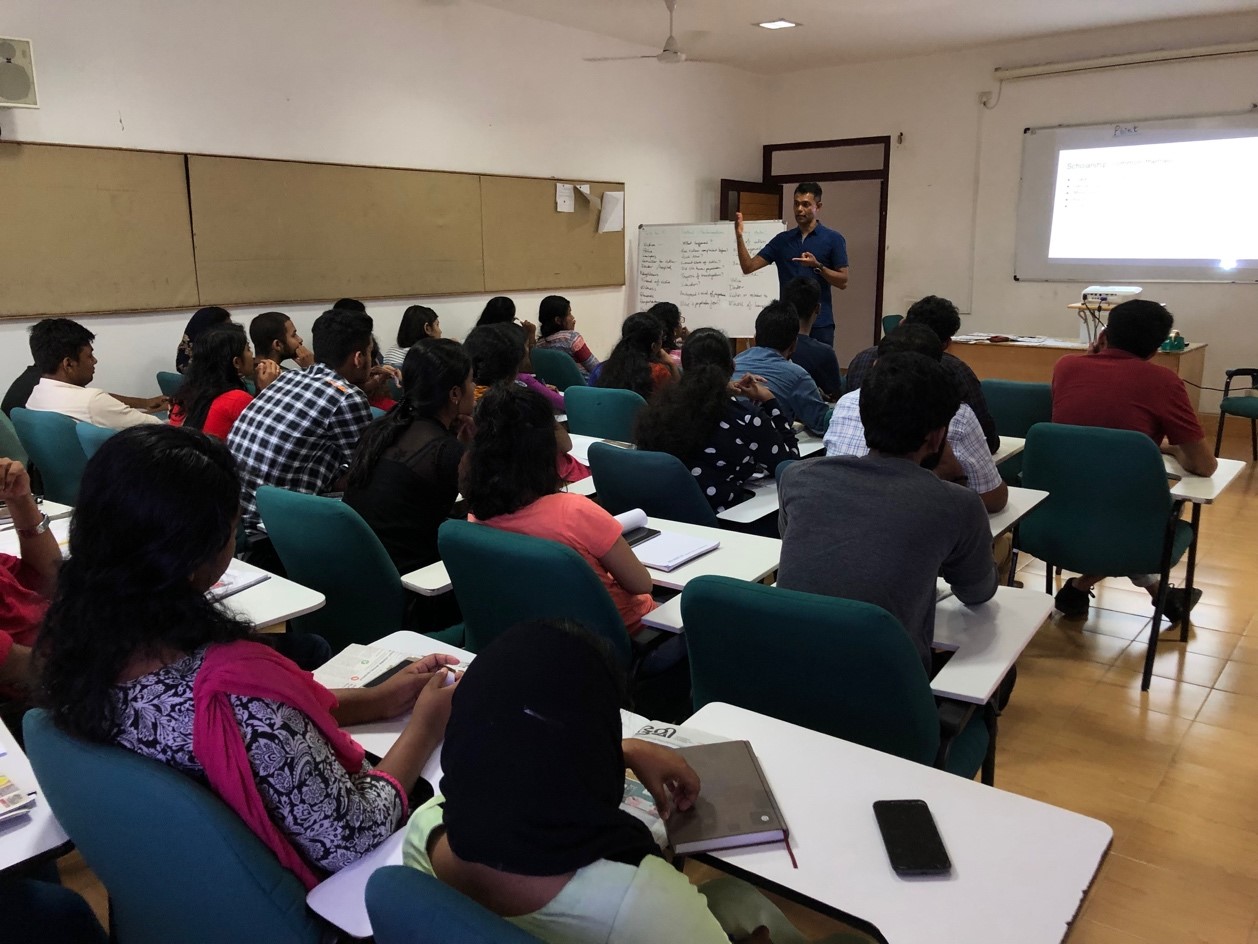
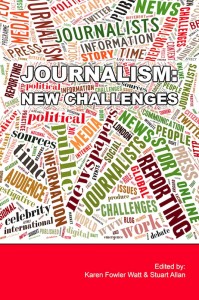 The Centre for Journalism and Communication Research (CJCR) is pleased to announce the publication of
The Centre for Journalism and Communication Research (CJCR) is pleased to announce the publication of 










 Beyond Academia: Exploring Career Options for Early Career Researchers – Online Workshop
Beyond Academia: Exploring Career Options for Early Career Researchers – Online Workshop UKCGE Recognised Research Supervision Programme: Deadline Approaching
UKCGE Recognised Research Supervision Programme: Deadline Approaching SPROUT: From Sustainable Research to Sustainable Research Lives
SPROUT: From Sustainable Research to Sustainable Research Lives BRIAN upgrade and new look
BRIAN upgrade and new look Seeing the fruits of your labour in Bangladesh
Seeing the fruits of your labour in Bangladesh ECR Funding Open Call: Research Culture & Community Grant – Apply now
ECR Funding Open Call: Research Culture & Community Grant – Apply now ECR Funding Open Call: Research Culture & Community Grant – Application Deadline Friday 12 December
ECR Funding Open Call: Research Culture & Community Grant – Application Deadline Friday 12 December MSCA Postdoctoral Fellowships 2025 Call
MSCA Postdoctoral Fellowships 2025 Call ERC Advanced Grant 2025 Webinar
ERC Advanced Grant 2025 Webinar Update on UKRO services
Update on UKRO services European research project exploring use of ‘virtual twins’ to better manage metabolic associated fatty liver disease
European research project exploring use of ‘virtual twins’ to better manage metabolic associated fatty liver disease